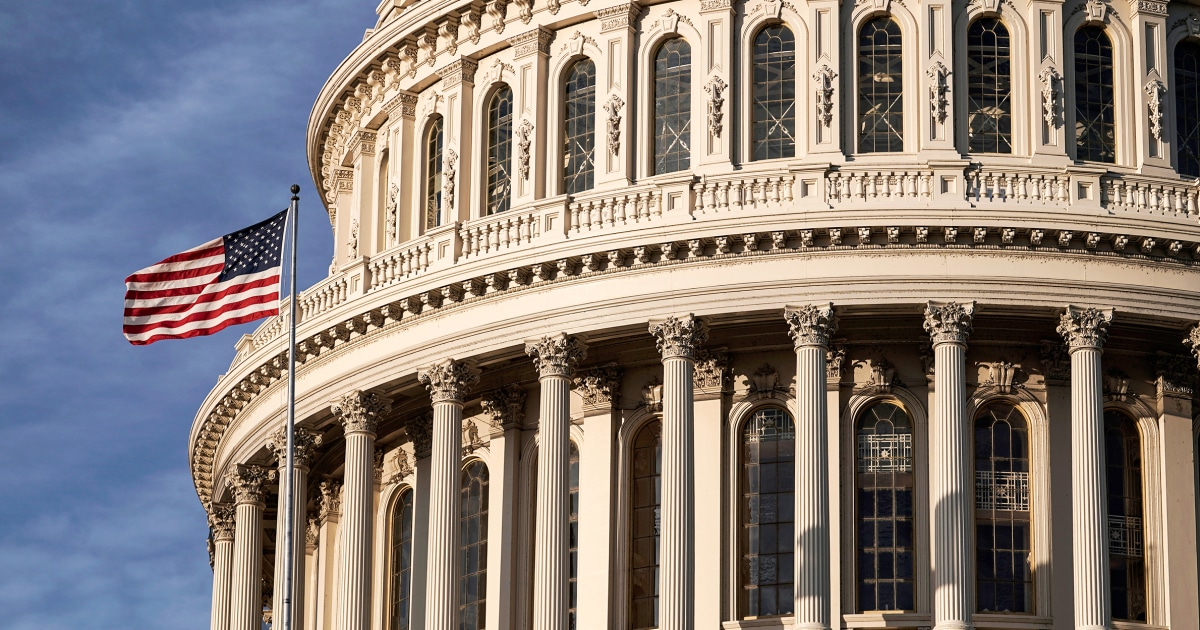A federal judge in Texas delivered a significant ruling on Tuesday, deeming a $1.7 trillion government funding bill passed in 2022 unconstitutional due to a pandemic-era provision. This provision allowed lawmakers in the House of Representatives to vote by proxy instead of in person.
U.S. District Judge James Wesley Hendrix, serving in Lubbock, granted Republican Texas Attorney General Ken Paxton’s request to block a specific provision of the bill. This provision aimed to provide pregnant workers with enhanced legal protections.
Judge Hendrix clarified that his ruling had a narrow focus and did not invalidate the entire spending law. Texas specifically sought to block only two provisions of the bill.
Hendrix, an appointee of former President Donald Trump, halted the enforcement of the Pregnant Workers Fairness Act against the state as an employer. He based this decision on his finding that the funding bill had been improperly passed.

Texas Federal Judge Declares 2022 Spending Bill Passage by Congress Unconstitutional (Credits: Reuters)
The law in question mandates employers to offer reasonable accommodations to pregnant workers. However, the injunction issued by Hendrix solely applies to state government employees and not to other workers in Texas.
Paxton initiated a lawsuit last year, arguing that the spending package enacted in December 2022 was unconstitutional due to more than half of the House members, led by Democrats at the time, not being physically present to provide a quorum. Instead, they voted by proxy.
The proxy voting rule was implemented with the assistance of then-Speaker Nancy Pelosi in May 2020 in response to the COVID-19 pandemic. However, it was abandoned when Republicans gained control of the House following the 2022 elections, following an earlier unsuccessful court challenge.
In his extensive 120-page ruling, Hendrix underscored that Congress, for more than two centuries prior to the adoption of the “novel” proxy voting rule, understood that a majority of members needed to be physically present to establish a quorum for passing legislation as mandated by the Constitution’s quorum clause.
The U.S. Department of Justice, representing the Biden administration, which defended the bill, refrained from immediate comment.
Matthew Miller, a lawyer with the conservative Texas Public Policy Foundation representing the state, expressed satisfaction with the ruling, stating it correctly determined the necessity of a physical quorum.
Although Hendrix ruled in favor of Texas, he determined that the state lacked standing to challenge the allocation of $20 million in the bill for funding a pilot program providing voluntary case management and other services to noncitizens in immigration removal proceedings.























